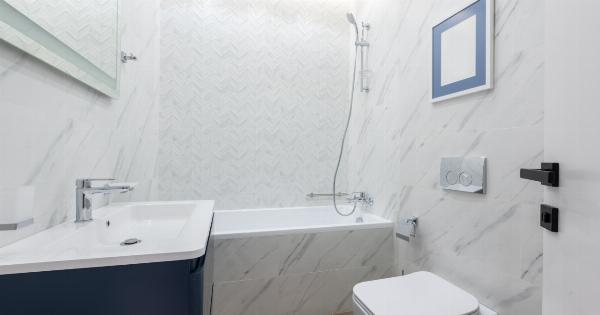Do you struggle to get a good night’s sleep? You’re not alone. Many people find it difficult to fall and stay asleep, despite following a regular sleep routine and creating a comfortable sleep environment.
In this article, we explore three surprising factors that can disrupt your sleep, and what you can do to overcome them.
1. Evening Exercise
Exercise is an essential component of a healthy lifestyle, but did you know that exercising in the evening can disrupt your sleep? When you exercise, your body temperature rises, and your heart rate increases.
While these physiological responses are beneficial during the day, they can hinder your ability to fall asleep at night.
According to research, exercising within three hours of going to bed can worsen sleep quality and make it more difficult to fall asleep. This is because your body needs time to cool down and recover after exercise.
Exercising earlier in the day can improve sleep quality, so if you’re struggling to sleep, try moving your workout to an earlier time.
2. Blue Light Exposure
In today’s connected world, many people spend time in front of electronic devices before going to bed.
Did you know that the blue light emitted by these devices can disrupt your sleep-wake cycle? Blue light suppresses the production of melatonin, the hormone that regulates your sleep-wake cycle. This can make it difficult to fall and stay asleep.
To reduce the impact of blue light exposure on your sleep, try to avoid using electronic devices for at least two hours before bed. If you must use a device, consider buying blue light blocking glasses, or use the night mode feature on your device.
3. Noise Pollution
Noise pollution is a growing problem in urban areas, and it can significantly impact your sleep quality. Loud and consistent noise can disrupt your sleep and make it difficult to stay asleep.
Common sources of noise pollution include traffic, construction, and loud music.
To reduce the impact of noise pollution on your sleep, try using earplugs or white noise machines. White noise machines create a consistent background noise that can help mask other sounds and improve your sleep quality.
If you live in an area that is consistently loud, consider soundproofing your bedroom to reduce the impact of external noise.
Conclusion
Getting a good night’s sleep is essential for your overall health and well-being.
In addition to creating a comfortable sleep environment and sticking to a regular sleep routine, addressing the three surprising factors outlined in this article can significantly improve your sleep quality. Avoiding evening exercise, reducing blue light exposure, and addressing noise pollution are simple steps that you can take to improve your sleep and wake up feeling refreshed.






























